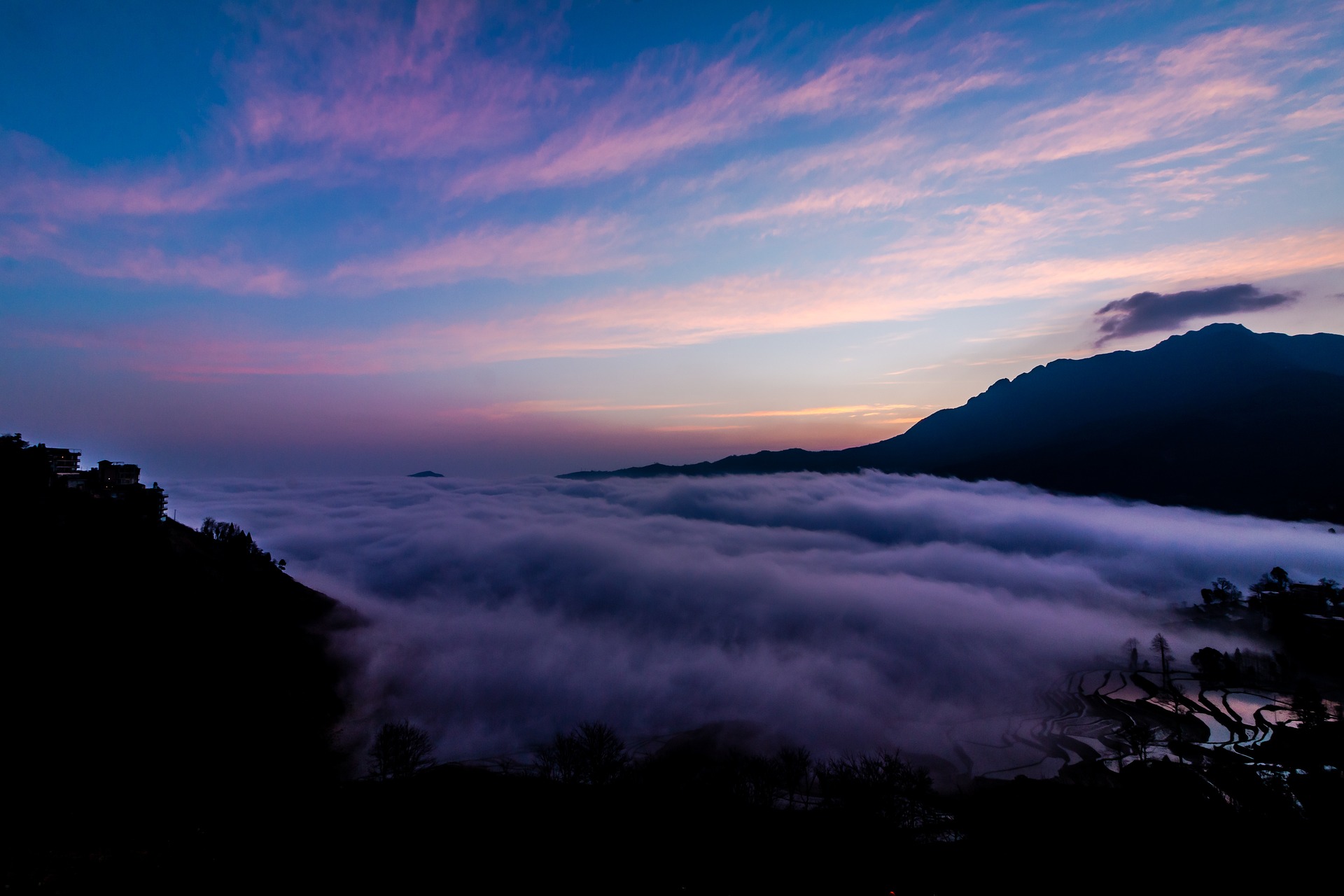Rediscovering Expeditions: The Resurgence of Overlanding
The term 'overlanding' may not be familiar to everyone, but it is a travel trend that is increasingly making waves in the travel and transportation sector. Overlanding is the self-reliant exploration of remote landscapes, usually for an extended period. This activity transcends mere transportation; it's a journey that explores cultures, people, and the human experience. What makes overlanding so unique? Let's delve into the world of overlanding and find out.

A Brief History of Overlanding
Overlanding traces its roots back to the 19th century, when Australian cattle ranchers would traverse long distances across the outback to sell their livestock. These ‘overland’ journeys were grueling, lengthy, and often fraught with danger. Today, however, the term has evolved to represent a form of travel that values the journey as much as the destination, with a focus on self-reliance, exploration, and immersion in different cultures.
The Resurgence of Overlanding
In recent years, overlanding has seen a resurgence. Today’s travelers are seeking immersive experiences that take them not just to a new place, but also out of their comfort zones. Overlanding offers this opportunity, coupling the thrill of adventure with an appreciation for slow travel, sustainability, and cultural exchange.
Advantages and Challenges of Overlanding
The benefits of overlanding are manifold. It encourages self-reliance, as travelers must navigate unfamiliar terrains and face unexpected challenges. It also fosters a deep connection with nature and the environment, as most overlanding journeys take place in remote, scenic locations. However, overlanding also presents its challenges. These may include lack of access to amenities, potential safety risks, and the need for meticulous planning and preparation.
The Impact of Overlanding on Travellers
Overlanding has the power to transform travelers, offering them a new perspective on the world. By immersing themselves in different environments and cultures, overlanders broaden their horizons, develop resilience, and create lasting memories. The journey is often as rewarding as the destination, offering a sense of accomplishment and a unique travel story to tell.
Overlanding Quick Tips
-
Preparation is Key: Ensure your vehicle is well-prepared for the journey, with essential tools and equipment on board.
-
Respect the Environment: Adhere to the principles of Leave No Trace to minimize your impact on the environment.
-
Safety First: Always have a plan for emergencies, including a first-aid kit and communication devices.
-
Cultural Sensitivity: Be respectful of local cultures and customs along your journey.
In conclusion, overlanding offers a unique travel experience that combines adventure, self-reliance, and cultural exchange. It’s a travel trend that may not be for everyone, but for those seeking an immersive and transformative journey, overlanding is worth considering. As more and more travelers seek out meaningful and adventurous experiences, overlanding is likely to continue growing in popularity. After all, in the words of the late, great adventure novelist Louis L’Amour, “Too often…I would hear men boast of the miles covered that day, rarely of what they had seen.” With overlanding, the journey truly is the destination.




